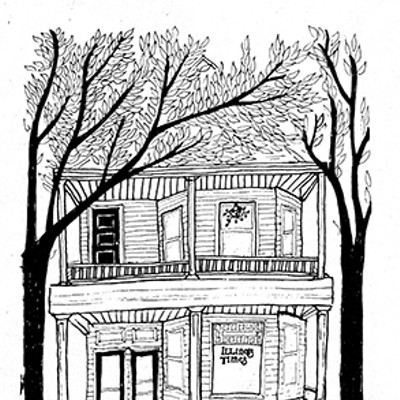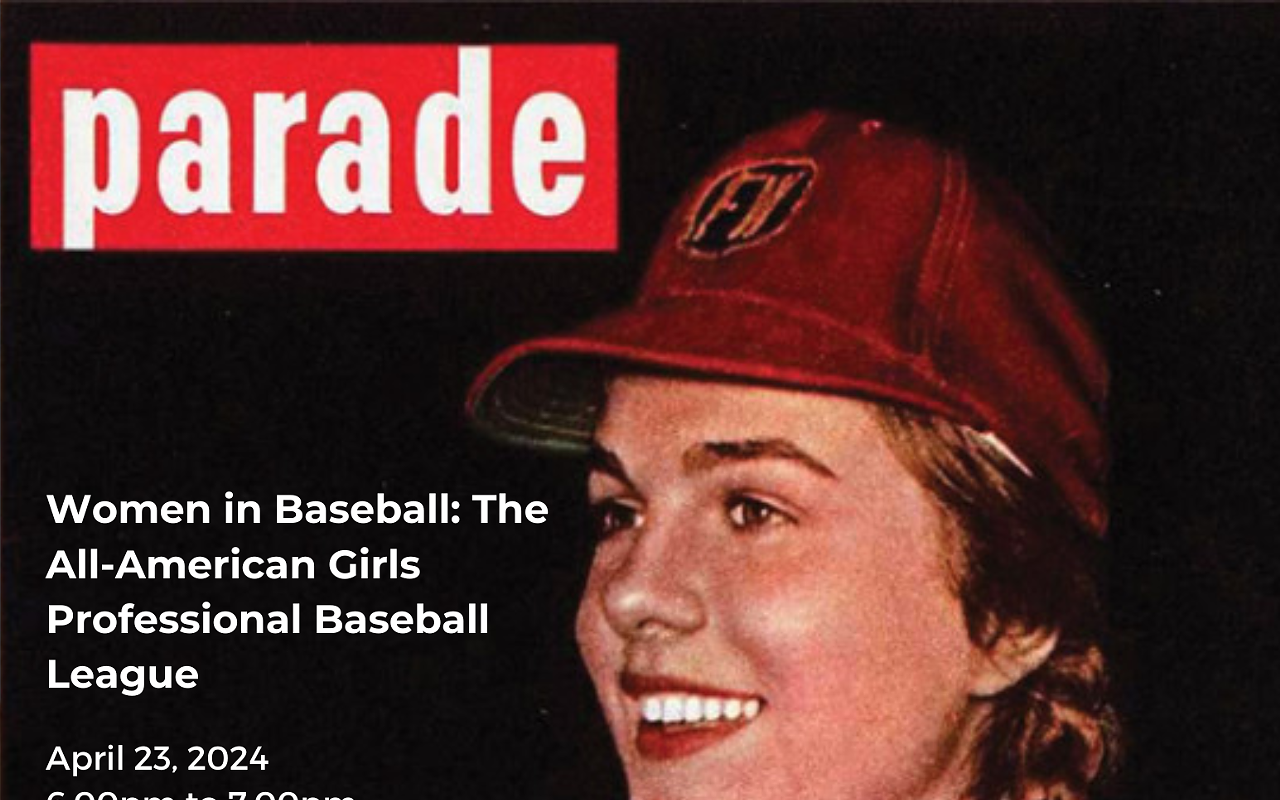The razor blade in the apple
Rauner’s property tax freeze plan hides a nasty surprise
[
{
"name": "Air - MedRect Combo - Inline Content 1",
"component": "11490391",
"insertPoint": "3",
"requiredCountToDisplay": "1",
"parentWrapperClass": "fdn-ads-inline-content-block"
},{
"name": "Air - MedRect Combo - Inline Content 2",
"component": "11490392",
"insertPoint": "7",
"requiredCountToDisplay": "5",
"parentWrapperClass": "fdn-ads-inline-content-block"
},{
"name": "Air - MedRect Combo - Inline Content 3",
"component": "11490393",
"insertPoint": "12",
"requiredCountToDisplay": "9",
"parentWrapperClass": "fdn-ads-inline-content-block"
}
]
The interesting debate about property taxes in Illinois was the one they didn’t have last week at the Statehouse. Under consideration were various versions of a proposal, first made last year by candidate Bruce Rauner, to freeze local property taxes statewide.
It was a loony idea, and thus enthusiastically embraced. “Property taxes are out of control and Pat Quinn’s done nothing about it,” was Rauner’s call to homeowners for action. But the state of Illinois does not levy taxes on property, and while local governments are creatures of the state, which sets the parameters for assessment and taxation of local real estate, the what-for and how-much of property taxes are decided by local governments. Congress spends too much money on the F-22 fighter, and Pat Quinn did nothing about that either.
Freezing taxes to stop the people’s chosen representatives from running the people’s government is only part of the governor’s plan. As proposed, the Rauner tax freeze would exempt local governments from the Prevailing Wage Act and allow those governments to limit what is on the table when they sit down to bargain with public employee unions.
The press and public have dismissed these provisions as afterthoughts or add-ons, being that they are boring and complicated and doomed not to pass anyway. But to the governor, the prevailing wage and collective bargaining provisions are add-ons the way a bomb vest strapped onto a suicide terrorist is a fashion accessory. Those provisions are the whole point of the bill. Rauner made that clear when he listed a proposed stand-alone freeze among the “very, very, minor, short-term things that don’t change the long-term trajectory of the state,” which will enter my dictionary as an alternative definition of “gimmick.”
The Prevailing Wage Act sets a locally controlled floor for construction pay on taxpayer-funded projects. As I understand that law, it doesn’t require, say, the city of Springfield to pay Chicago wages, only that local governments in Springfield pay the wage – usually the union-negotiated wage – that prevails in Springfield. I’m not convinced that this is inimical to government efficiency. Construction is only a fraction of the cost of public works, the cost of labor is only a fraction of the total cost of public works construction and the difference between paying top local wages and paying less than top is a fraction of labor costs of public works. However, I am open to new arguments, if the Raunerites would actually dare talk about the act rather than merely slander it.
As for collective bargaining, keeping insurance benefits and privatization bans off the table also seem unlikely to save much money for public agencies. The promise of privatization is that it removes public work from unionized workers and gives it to private-sector workers who have been liberated to get in touch with their inner scab. That’s a good thing, we are told, because the market is an honest broker, while the influence that unionized workers have in determining working conditions and compensation has been coerced by their abuse of market power. (I don’t have space here to explain; it’s sort of like a rich man buying the election of friendly lawmakers.)
Whatever its merits as economics, Rauner’s collective bargaining proposal, he promised, would empower voters. “We want local voters to control what gets bargained,” he told reporters. Rauner ought to be more careful what he wishes for. He has yet to learn that simple-minded voters hold views on government that are anything but simple. Taxpayers hate public employee unions in the abstract, for example, but they love their teachers and firefighters in the reality. Allowing the public to sit at the table during contract negotiations thus is not likely to result in the mob gleefully eviscerating the union fat cats across the table, as he clearly hopes it will.
The Raunerites argue that all three measures must be adopted because freezing property taxes is feasible only if local government costs are reduced sufficiently to make further increases unnecessary. In Rauner’s brave new world, local school costs will have plummeted because the school boards will have gutted the local teachers unions, and the shortfalls in local school revenue resulting from a freeze will be compensated by bigger contributions from the coffers of a State of Illinois awash with new money taken from the bulging pockets of pensioners and union members.
Maybe they believe it. Maybe they are not just trying to contrive a massive shift of public resources into private hands under the pretext of coping with fiscal emergencies that their policies would aggravate. One thing is clear – this is not a property tax freeze by means of union-busting, it’s union-busting by means of a popular property tax freeze. Wrapping a wolf in sheep’s clothing? More like putting a razor blade inside a Halloween apple.
Contact James Krohe Jr. at [email protected].
It was a loony idea, and thus enthusiastically embraced. “Property taxes are out of control and Pat Quinn’s done nothing about it,” was Rauner’s call to homeowners for action. But the state of Illinois does not levy taxes on property, and while local governments are creatures of the state, which sets the parameters for assessment and taxation of local real estate, the what-for and how-much of property taxes are decided by local governments. Congress spends too much money on the F-22 fighter, and Pat Quinn did nothing about that either.
Freezing taxes to stop the people’s chosen representatives from running the people’s government is only part of the governor’s plan. As proposed, the Rauner tax freeze would exempt local governments from the Prevailing Wage Act and allow those governments to limit what is on the table when they sit down to bargain with public employee unions.
The press and public have dismissed these provisions as afterthoughts or add-ons, being that they are boring and complicated and doomed not to pass anyway. But to the governor, the prevailing wage and collective bargaining provisions are add-ons the way a bomb vest strapped onto a suicide terrorist is a fashion accessory. Those provisions are the whole point of the bill. Rauner made that clear when he listed a proposed stand-alone freeze among the “very, very, minor, short-term things that don’t change the long-term trajectory of the state,” which will enter my dictionary as an alternative definition of “gimmick.”
The Prevailing Wage Act sets a locally controlled floor for construction pay on taxpayer-funded projects. As I understand that law, it doesn’t require, say, the city of Springfield to pay Chicago wages, only that local governments in Springfield pay the wage – usually the union-negotiated wage – that prevails in Springfield. I’m not convinced that this is inimical to government efficiency. Construction is only a fraction of the cost of public works, the cost of labor is only a fraction of the total cost of public works construction and the difference between paying top local wages and paying less than top is a fraction of labor costs of public works. However, I am open to new arguments, if the Raunerites would actually dare talk about the act rather than merely slander it.
As for collective bargaining, keeping insurance benefits and privatization bans off the table also seem unlikely to save much money for public agencies. The promise of privatization is that it removes public work from unionized workers and gives it to private-sector workers who have been liberated to get in touch with their inner scab. That’s a good thing, we are told, because the market is an honest broker, while the influence that unionized workers have in determining working conditions and compensation has been coerced by their abuse of market power. (I don’t have space here to explain; it’s sort of like a rich man buying the election of friendly lawmakers.)
Whatever its merits as economics, Rauner’s collective bargaining proposal, he promised, would empower voters. “We want local voters to control what gets bargained,” he told reporters. Rauner ought to be more careful what he wishes for. He has yet to learn that simple-minded voters hold views on government that are anything but simple. Taxpayers hate public employee unions in the abstract, for example, but they love their teachers and firefighters in the reality. Allowing the public to sit at the table during contract negotiations thus is not likely to result in the mob gleefully eviscerating the union fat cats across the table, as he clearly hopes it will.
The Raunerites argue that all three measures must be adopted because freezing property taxes is feasible only if local government costs are reduced sufficiently to make further increases unnecessary. In Rauner’s brave new world, local school costs will have plummeted because the school boards will have gutted the local teachers unions, and the shortfalls in local school revenue resulting from a freeze will be compensated by bigger contributions from the coffers of a State of Illinois awash with new money taken from the bulging pockets of pensioners and union members.
Maybe they believe it. Maybe they are not just trying to contrive a massive shift of public resources into private hands under the pretext of coping with fiscal emergencies that their policies would aggravate. One thing is clear – this is not a property tax freeze by means of union-busting, it’s union-busting by means of a popular property tax freeze. Wrapping a wolf in sheep’s clothing? More like putting a razor blade inside a Halloween apple.
Contact James Krohe Jr. at [email protected].
Illinois Times has provided readers with independent journalism for almost 50 years, from news and politics to arts and culture.
Your support will help cover the costs of editorial content published each week. Without local news organizations, we would be less informed about the issues that affect our community..
Got something to say?
Send a letter to the editor and we'll publish your feedback in print!






















